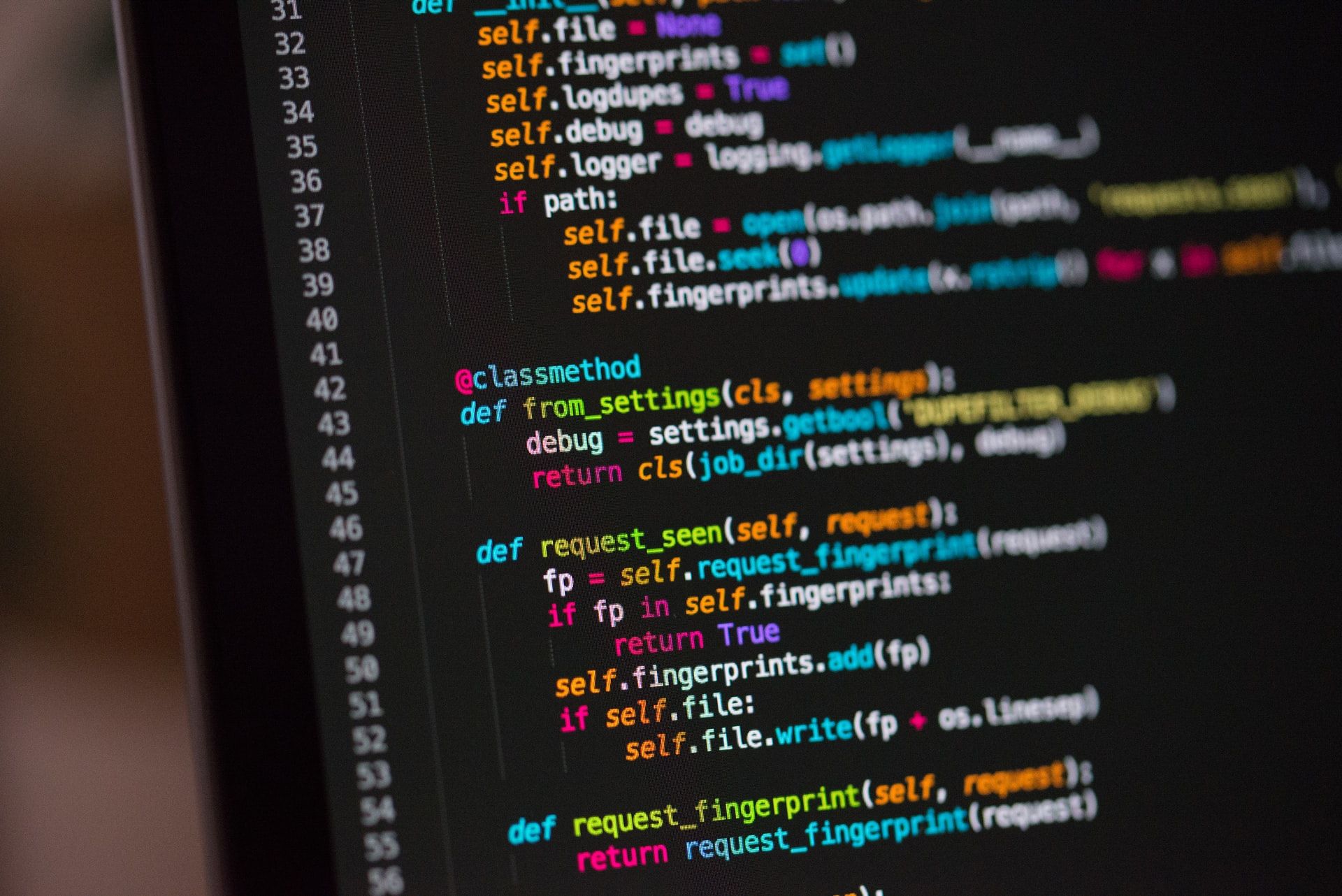Is Python easier than C++?
Is Python easier than C++?
The age-old debate!
Python and C++ are both powerful programming languages, each with its unique strengths and use cases. While it's difficult to declare a definitive winner, I'll provide an objective comparison to help you decide which one might be "easier" for you.
Ease of learning: Python
Python is generally considered easier to learn, especially for beginners. Here are some reasons why:
Syntax: Python's syntax is more readable and concise than C++. It uses indentation to define code blocks, making it easier to understand and maintain. Dynamic typing: Python is dynamically typed, which means you don't need to declare variable types beforehand. This flexibility reduces the cognitive load and lets you focus on programming logic. ** Forgiving nature:** Python has a more lenient approach to errors. It will often raise an exception instead of crashing or producing incorrect results. This makes it easier for beginners to learn from their mistakes. Large community: Python has a massive following, which translates to abundant resources (tutorials, documentation, forums) and a wide range of libraries and frameworks.Ease of learning: C++
C++ is considered more challenging to learn due to its:
Complex syntax: C++'s syntax can be overwhelming, with many rules and exceptions to follow. Static typing: You need to declare variable types beforehand, which requires a deeper understanding of programming concepts. Error handling: C++ has a less forgiving error-handling mechanism. It will often crash or produce incorrect results if you make mistakes, making it more difficult for beginners to learn. Steeper learning curve: C++ is built upon a strong foundation of computer science concepts (pointers, memory management, etc.), which can be overwhelming for newcomers.When to choose Python:
Rapid prototyping and development Data analysis and machine learning Web development (e.g., Django, Flask) Scientific computing and simulationsWhen to choose C++:
Game development (native games) System programming (operating systems, device drivers) High-performance applications (scientific simulations, cryptographic algorithms) Embedded systems or microcontrollersIn conclusion, while both languages have their strengths and weaknesses, Python is generally considered easier to learn for beginners. C++, on the other hand, requires a deeper understanding of programming concepts and computer science principles.
Ultimately, the choice between Python and C++ depends on your goals, experience, and the type of project you want to work on. If you're unsure, start with Python and then move to C++ when you have a solid foundation in programming.
How to learn Python for free

Learning Python can be an incredibly rewarding experience, and the best part is that you don't have to break the bank to do it! There are many resources available online that can help you get started with Python without spending a dime. Here's a comprehensive guide on how to learn Python for free:
Online Courses
Codecademy: Codecademy offers an interactive and self-paced course on Python programming. You'll learn the basics of Python, including variables, data types, control structures, functions, and more. Coursera: Coursera has a variety of courses on Python programming from top universities like University of Michigan and University of Toronto. These courses are often taught by industry experts and cover topics like data science, machine learning, and web development. edX: edX offers a wide range of courses on Python programming from leading institutions like Microsoft and Google. You can earn certificates upon completing the courses.YouTube Channels
freeCodeCamp: freeCodeCamp is a non-profit organization that provides coding lessons in various programming languages, including Python. Corey Schafer's Python Tutorials: Corey Schafer's YouTube channel has an extensive series of video tutorials on Python programming, covering topics like data types, control structures, and object-oriented programming. Traversy Media: Traversy Media is a popular YouTube channel that offers tutorials on web development, including Python.Books
Python Crash Course by Eric Matthes: This book is a comprehensive guide to learning Python, covering topics like variables, control structures, and functions. Automate the Boring Stuff with Python by Al Sweigart: This book focuses on practical applications of Python programming, such as automating tasks and working with files. Python for Data Analysis by Wes McKinney: This book covers the basics of Python programming and its application in data analysis.Practice
LeetCode: LeetCode is a popular platform that provides coding challenges in various programming languages, including Python. HackerRank: HackerRank offers coding challenges in Python and other programming languages. Project Euler: Project Euler is a platform that provides mathematical problems that you can solve using Python.Communities
Reddit: The r/learnpython community on Reddit is an excellent place to ask questions, share your projects, and get feedback from fellow learners. Python Subreddit: The r/Python community on Reddit is a hub for all things related to the Python programming language. Stack Overflow: Stack Overflow is a popular Q&A platform that has a dedicated section for Python programming.In conclusion, learning Python doesn't have to break the bank. With online courses, YouTube tutorials, books, and practice exercises, you can learn Python without spending a dime! Just remember to stay committed, be patient, and keep practicing. Good luck on your Python journey!





























